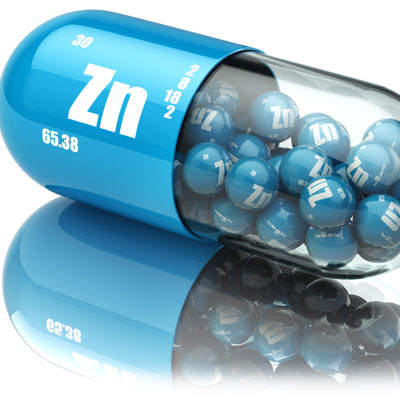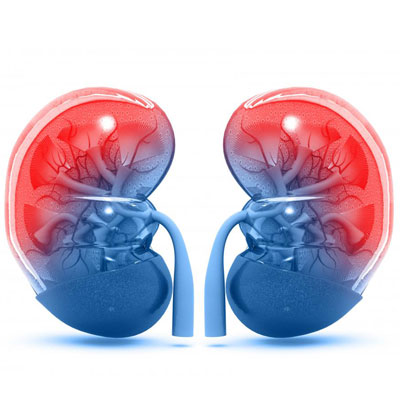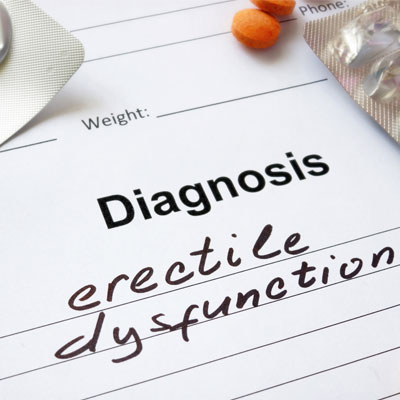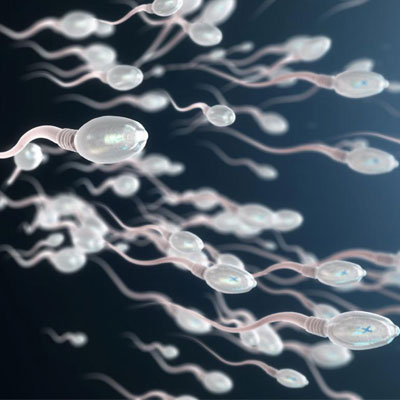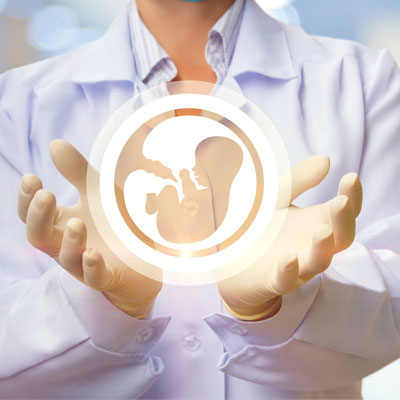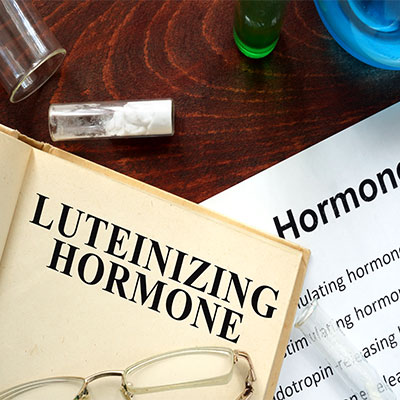Does Testosterone Hormone Affect Sperm
Contents
- How does the hypothalamus carry out that function?
- What Is the Role of Testosterone in Sperm Production?
- How does testosterone hormone affect sperm production?
- How Does Testosterone Replacement Therapy Influence Sperm?
- How does testosterone hormone affect sperm when it comes from supplementation?
- What is testosterone and sperm production going to experience as a result of exogenous testosterone treatment?
- How Can I Increase Testosterone Levels and Sperm Count?
- How can boosting the level of testosterone improve sperm count?
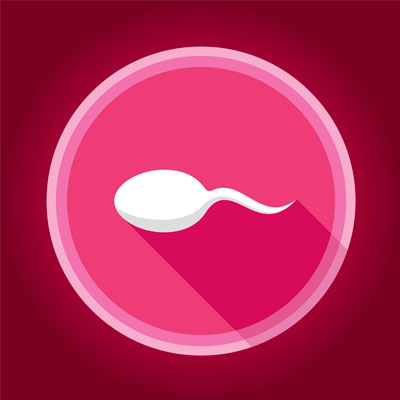
Testosterone is a direct influencer of the process known as Trusted sourceSpermatogenesisScience DirectGo to sourcespermatogenesis – the maturation of spermatozoa (sperm cells). However, testosterone is not the only hormone involved in this role. Follicle-stimulating hormone (FSH), human growth hormone (HGH), insulin growth factor 1 (IGF-1), retinoic acid, and other genes and proteins are also involved.
The easiest question to answer is this – where are testosterone and sperm produced? The answer is in the testes. However, testosterone and sperm production actually begin with signals that come from various endocrine glands in the brain.
As we begin our look into how testosterone affects sperm, we start with the hypothalamus – the command center that regulates hormone production by measuring hormone levels in the bloodstream. The Trusted sourceHypothalamusYou and Your HormonesGo to sourcehypothalamus detects how much testosterone there is, and if levels are low, it tells the pituitary gland to send signals to the testes.
How does the hypothalamus carry out that function?
If there is not enough testosterone to meet the needs of the body’s androgen receptors (AR), the hypothalamus secretes gonadotropin-releasing hormone (GnRH) into the bloodstream which then rushes to the nearby pituitary gland. Upon receipt of GnRH, the anterior pituitary gland sends the following hormones to the testes to influence low testosterone and sperm count:
- Luteinizing hormone: LH is the stimulator of testosterone production by the Leydig cells
- Follicle-stimulating hormone: FSH tells the Sertoli cells to produce sperm
Of course, the process is more complicated than that, as we will see in the next section.
Testosterone is a hormone that helps influence sperm production.
What Is the Role of Testosterone in Sperm Production?
Spermatogenesis is a multi-step, complex process that begins with spermatogonia (precursor germ cells) that adhere to the walls of the seminiferous tubules. Through a series of divisions that takes approximately 64 days, the mature sperm cells are ready to leave the tubules and travel
LH and FSH are crucial for testosterone and sperm production. If the pituitary gland does not send these hormones to the testes, the Leydig and Sertoli cells remain inactive. The Leydig cells produce the testosterone necessary to support the Sertoli cells in the maturation of spermatozoa.
Sertoli cells proliferate until puberty. After that, it is only the size that differentiates how many sperm cells they can produce throughout adulthood.
How does testosterone hormone affect sperm production?
Testosterone’s role in spermatogenesis is crucial but complicated. It supports nearly every step of spermatogenesis, helping ensure that the immature germ cells can grow and mature into spermatozoa capable of achieving fertilization. The germ cells do not have androgen receptors such as those found in the Sertoli cells and peritubular myoid cells (PTM) that line the outside of the seminiferous tubules where spermatogenesis occurs. The relation between testosterone and sperm count is partly due to the androgen receptors in the Sertoli and PTM cells receiving enough testosterone to help support the germ cells in their development.
Without enough testosterone to influence the androgen receptors in the seminiferous tubules, spermatogenesis may suffer.
How Does Testosterone Replacement Therapy Influence Sperm?
Unlike naturally produced testosterone and sperm development, testosterone replacement therapy has the opposite effect. After the Leydig cells in the testes receive LH, they manufacture the testosterone that will first work locally to support spermatogenesis. The testes contain more testosterone than any other part of the body.
That is a critical aspect of the production of testosterone and spermatogenesis. Any extra testosterone then exits the testes and enters the bloodstream. Because testosterone is a fat-soluble steroid hormone, it attaches to one of two proteins for transport through the bloodstream to androgen receptors.
When a man has low testosterone levels, he often uses testosterone replacement therapy to provide a supplemental amount of the hormone for the (AR) to use.
How does testosterone hormone affect sperm when it comes from supplementation?
Exogenous testosterone enters the bloodstream not from the testes, but rather from the source of TRT. When injected, testosterone therapy enters the muscle and is then gradually absorbed into the bloodstream. Transdermal preparations absorb through the skin and into the bloodstream.
Once in the bloodstream, testosterone has no way of entering into the testes. There is no opposite way for testosterone to influence spermatogenesis if it is not inside the testes.
What is testosterone and sperm production going to experience as a result of exogenous testosterone treatment?
Because the hypothalamus will register the higher serum levels of testosterone, it will likely decrease GnRH signals to the pituitary gland. In turn, LH and FSH release will decline. Without enough LH and FSH traveling to the testes, both testosterone and sperm production will decrease. For men already Trusted sourceWhat is Male Infertility?Urology Care FoundationGo to sourcebattling infertility , TRT can worsen the situation. The lack of testicular testosterone results in reduced sperm count.
How Can I Increase Testosterone Levels and Sperm Count?
There is no doubt that testosterone therapy is the best way to increase testosterone levels directly. However, since that will negatively influence spermatogenesis, it is necessary to look at other options for men seeking fertility assistance.
How can boosting the level of testosterone improve sperm count?
Hormone specialists and fertility doctors have other ways of increasing testosterone to affect sperm count. They can use medications such as HCG, clomid, FSH, LH, and other treatments that may stimulate testosterone and sperm production. Many men who receive TRT also administer HCG to prevent testicular atrophy and support testosterone production.
There are also some natural ways to improve testosterone levels, and, subsequently, sperm count, including:
- Get at least seven hours of sleep each night to support adequate testosterone release
- Exercise during the day to stimulate testosterone secretion – but avoid extended cardio sessions as that can lower testosterone levels
- Lose weight as obesity is often linked to Low T
- Do not use recreational drugs, steroids, drink heavily, or smoke, as those habits can further interfere with testosterone and sperm count
- Supplement with vitamin D or get 15 minutes of sun each day as vitamin D helps support testosterone production and functions
- Reduce stress to lower cortisol which is a known testosterone inhibitor
- Avoid wearing tight underwear or letting the testes get too hot as that can destroy sperm – stay away from saunas, hot tubs, hot showers or baths, and do not place a computer on the lap
In conclusion, how does testosterone hormone affect sperm? Testosterone plays a direct role in the process of spermatogenesis. For additional information, please contact HGH Doctor hormone clinic for a complimentary, confidential consultation.
- Lee Smith, PhD, William Walker, PhD
- Dr. Federica Di Guardo, Dr. Veerle Vloeberghs, MD, Erlisa Bardhi, Dr Christophe Blockeel, MD, PhD, Greta Verheyen, PhD,
Herman Tournaye, MD, PhD, Panagiotis Drakopoulos, MD, PhD - Sulagna Dutta, PhD, Pallav Sengupta, PhD, Dr. Suriyani Dato’ Hj. Muhamad, PhD, MSc, BEcon
- Dr. Puneet Masson
- Shona Murray, MD
- Wei Zhao, Jun Jing, Yong Shao, Rong Zeng, Cencen Wang, Bing Yao & Dong Hang
The regulation of spermatogenesis by androgens
Low Testosterone and Semen Parameters in Male Partners of Infertile Couples Undergoing IVF with a Total Sperm Count Greater than 5 Million
Male reproductive hormones and semen quality
The Truth About Testosterone and Male Fertility
Should I Take Testosterone to Help My Fertility?
Circulating sex hormone levels in relation to male sperm quality

